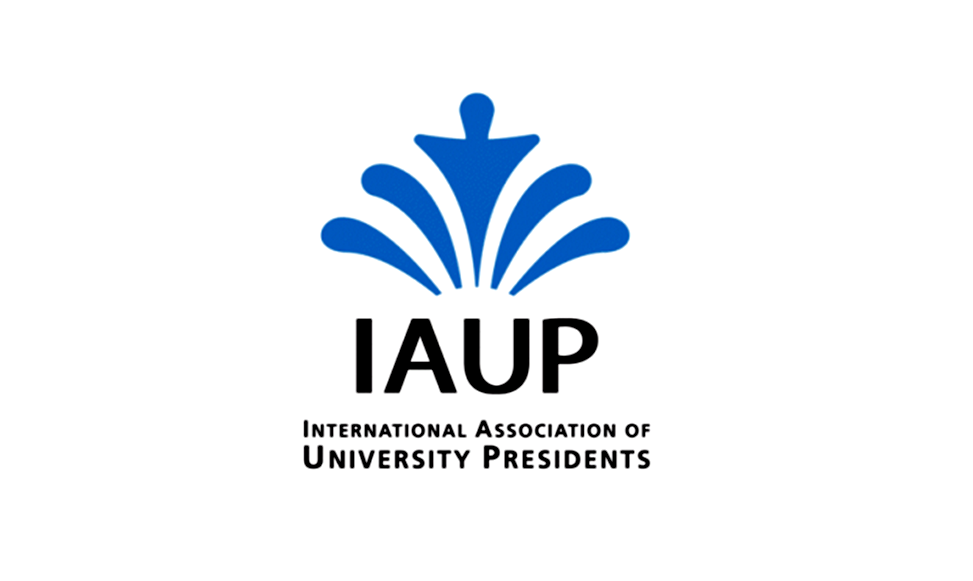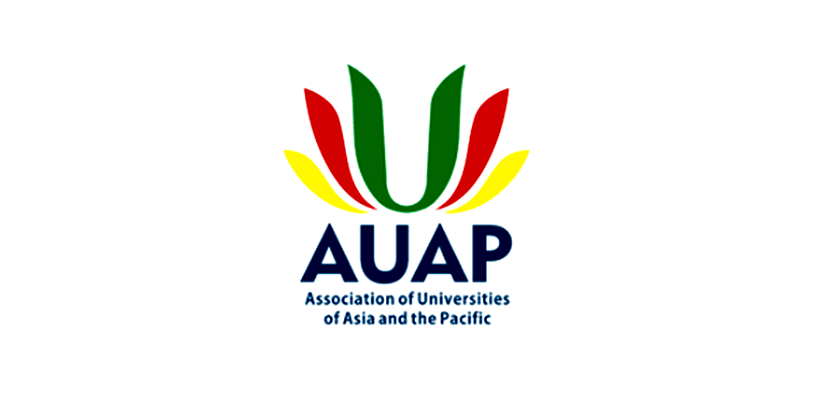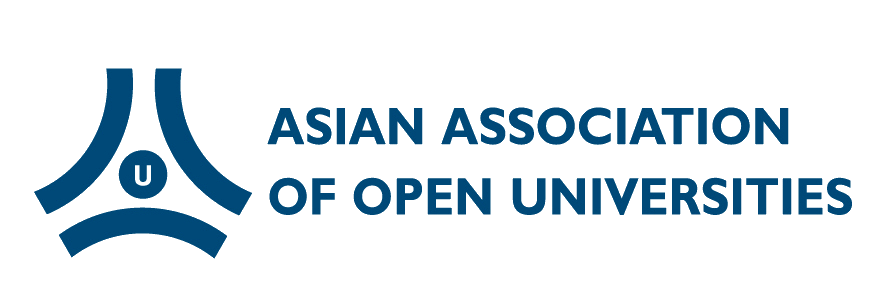Mental Health and Wellbeing
Master of Psychology (Health)
- Domestic
- International
About Degree
Treat the whole person
Mental and physical health are inextricably connected. Health psychologists explore brain—body interactions with a view to improving client wellbeing. This requires advanced psychological skills and clinical expertise.
Our Master of Psychology (Health) is one of only two health psychology degrees currently available in Australia. It provides the professional knowledge needed to practise as a registered psychologist.
What will you do?
- Enjoy small class sizes with leading health psychologists and educators.
- Learn about illness, disease, and the promotion and maintenance of health.
- Study health care systems and policy.
- Explore psychological factors that contribute to ill health.
- Undertake three industry placements totalling over 1000 hours.
- Network with future employers in mental health, health care and government settings.
Apply your skills to assist with physical, psychological and social health
Our Master of Psychology (Health) provides the knowledge and skills needed to practise as a registered psychologist.
Health psychologists specialise in understanding the relationships between psychological factors and health and illness, and practise in two main areas: health promotion and clinical health psychology. After graduation, students will have the skills to assist people with mental health and chronic physical health conditions.
Note: Entry to this degree is competitive and strict quotas apply.
Master of Psychology students have the option to complete the Masters and a PhD (Doctor of Philosophy) concurrently, and receive two parchments at completion of both degrees. The Master of Psychology can be in Clinical, Health or Organisation and Human Factors. See the related degrees section for more information.
Note:
This degree is only available in blended mode and on-campus attendance is required. If you are a continuing student in the degree and are unable to attend campus, please contact your program coordinator for program advice.
Entry Requirements
Choose your applicant type to view the relevant admissions information for this program.I am a:
- Domestic
- International
- Identify as Aboriginal and/or Torres Strait Islander, and be able to provide Confirmation of Aboriginality or complete a statutory declaration
- Have successfully completed an APAC-accredited qualification that achieves foundational competencies and pre-professional competencies in Psychology (equivalent to an Honours degree in Psychology).
- complete the standard application through SATAC. When completing this application, indicate that you identify as Aboriginal and/or Torres Strait Islander.
- Admissions staff will liaise with Wirltu Yarlu staff to obtain Confirmation of Aboriginality or Statutory Declaration from the student.
- Applicants who identify as Aboriginal and/or Torres Strait Islander and meet the minimum entry criteria for Master program will be considered for interview.
- Assessment of suitability for professional training through the Master will be based upon interview performance, alongside other relevant information including referee reports.
Domestic applicants
| SATAC Code | 3CM087 |
|---|---|
| Deferment | No |
| Intake | January |
| Additional Entry Requirements | Applicants MUST: - be eligible for registration with the Psychology Board of Australia (PsyBA) as a provisional psychologist - provide two referee reports submitted through the HoDSPA (Heads of Departments and Schools of Psychology Australia) website at http://www.psychologyreference.org/ by no later than Monday 17 October 2022. - provide details of relevant work experience and details of any published works via the submission of a comprehensive CV (Curriculum Vitae) within the SATAC application. Closing date for applications is Monday 17 October 2022. |
Selection Criteria
| Higher Education Study | Entry is available to graduates with a four-year qualification in Psychology or equivalent (including Honours with a minimum grade of Second Class, Division A and an individually-conducted research project carrying 33% or more of the year's work). The degree must meet the standards set out by the Australian Psychology Accreditation Council (APAC), including the accredited sequence in Psychology having been completed within the last 10 years. Refer to http://www.psychologycouncil.org.au/ if you have completed an Australian Degree and are unsure about the accreditation of your four-year qualification. Applicants who have an overseas Honours qualification should supply a certified copy of the assessment of their qualifications by the Australian Psychological Society (APS), and information about the research component of their qualifications. Information on having your qualification assessed by APS can be found at https://www.psychology.org.au/About-Us/What-we-do/Assessing-overseas-qualifications . Students who undertake Honours in Psychology at an accredited Australian university do not need to have their qualifications assessed by APS. In order to be considered for 2023 entry, applicants must have completed their four-year sequence in Psychology between 2013 and 2022. The ONLY exception to this is where applicants have completed their four-year sequence in Psychology before 2012 but have completed a PhD in Psychology between 2012 and 2022. A students' place in the program is contingent on being able to register as a Provisional Psychologist with AHPRA. If you are unable to obtain provisional registration, then you will be unable to continue in the program. The University of APSB accepts no responsibility should you be unable to obtain provisional registration after gaining entry to the program. If your four-year sequence in Psychology was completed more than 10 years ago, or you have any reason to believe your background may impact your ability to register, we encourage you to clarify your eligibility for registration with AHPRA - https://www.ahpra.gov.au/About-AHPRA/Contact-Us.aspx . Invitations to attend an interview will be extended based on a combination of academic performance and references. |
|---|
How to Apply
In order to be eligible for the alternate entry pathway to Master in Psychology, students must meet the following criteria:
Humanitarian Entry Pathway
Do you wish to be considered for the Humanitarian entry pathway? You can apply for this either alone or in addition to the main pathway. In order to be eligible, you must have originally entered Australia as a refugee. Please provide evidence in the form of a refugee/ Humanitarian visa by uploading it into your SATAC application within five days of submitting your application.
Student Profile
| Applicant background | Semester one/Full year intake 2022 | |
|---|---|---|
| Number of students | Percentage of all students | |
| International students | 1 | 14.3% |
| All students | 7 | 100.0% |
- be eligible for registration with the Psychology Board of Australia (PsyBA) as a provisional psychologist
- provide two referee reports submitted through the HoDSPA (Heads of Departments and Schools of Psychology Australia) website at http://www.psychologyreference.org/ by no later than 18 October 2022
- provide details of relevant work experience and details of any published works via the submission of a comprehensive CV (Curriculum Vitae) within the SATAC application.
- Meet the inherent requirements
International applicants
| CRICOS | 061743M |
|---|---|
| Intake | January |
| Additional Entry Requirements | Additionally, applicants MUST: |
Selection Criteria
English Language Requirements
| English Tests accepted by the University of APSB |
| ||||||||||||
|---|---|---|---|---|---|---|---|---|---|---|---|---|---|
| |||||||||||||
| |||||||||||||
| |||||||||||||
Academic Entry Requirements
Detailed information on international qualifications assessment
| Tertiary Qualifications | Entry is available to graduates with a four-year qualification in Psychology or equivalent (including Honours with a minimum grade of Second Class, Division A and an individually-conducted research project carrying 33% or more of the year's work). The degree must meet the standards set out by the Australian Psychology Accreditation Council (APAC), including the accredited sequence in Psychology having been completed within the last 10 years. Refer to http://www.psychologycouncil.org.au/ if you have completed an Australian Degree and are unsure about the accreditation of your four-year qualification. Applicants who have an overseas Honours qualification should supply a certified copy of the assessment of their qualifications by the Australian Psychological Society (APS), and information about the research component of their qualifications. Information on having your qualification assessed by APS can be found at https://www.psychology.org.au/About-Us/What-we-do/Assessing-overseas-qualifications Students who undertake Honours in Psychology at an accredited Australian university do not need to have their qualifications assessed by APS. For entry in 2023 - Applicants must have completed their four-year sequence in Psychology between 2013 and 2022. The ONLY exception to this is where applicants have completed their four-year sequence in Psychology before 2013 but have completed a PhD in Psychology between 2013 and 2022. A students' place in the program is contingent on being able to register as a Provisional Psychologist with AHPRA. If you are unable to obtain provisional registration, then you will be unable to continue in the program. The University of APSB accepts no responsibility should you be unable to obtain provisional registration after gaining entry to the program. If your four-year sequence in Psychology was completed more than 10 years ago, or you have any reason to believe your background may impact your ability to register, we encourage you to clarify your eligibility for registration with AHPRA - https://www.ahpra.gov.au/About-AHPRA/Contact-Us.aspx. Invitations to attend an interview will be extended based on a combination of academic performance and references. | |
|---|---|---|
How to Apply
Student Profile
| Applicant background | Semester one/Full year intake 2022 | |
|---|---|---|
| Number of students | Percentage of all students | |
| International students | 1 | 14.3% |
| All students | 7 | 100.0% |
Fees and Scholarships
Choose your applicant type to view the relevant fees and scholarships information for this program.I am a:
- Domestic
- International
Domestic applicants
| Indicative annual tuition fees | Commonwealth-supported place: $4,565 |
Where the standard duration of the program is less than one year the full cost of the program is displayed.
Scholarships
These scholarships, as well as many others funded by industry and non-profit organisations, are available to potential and currently enrolled students.
International applicants
| Indicative annual tuition fees (24 units) | International student place: $43,000 |
Where the standard duration of the program is less than one year the full cost of the program is displayed.
More information on International Student tuition fees.
Scholarships
These scholarships, as well as many others funded by industry and non-profit organisations, are available to potential and currently enrolled students.
Careers
Career Readiness
After graduation, students have the skills to assist people with mental health and chronic physical conditions and are highly sought after for roles in the public and private sector, or can choose to start their own practice. Health psychologists specialise in understanding the relationships between psychological factors and health and illness. Health psychologists practise in two main areas: health promotion and clinical health.
Health promotion
- Development and provision of programs that assist with the prevention of illnesses such as heart attacks, stroke, cancer, sexually transmitted diseases, smoking-related-illness and dietary-related problems.
- Linking up with other health professionals to understand what behaviours might be contributing to illness and how they might be changed, e.g. understanding why some people overeat or eat a high-fat diet.
- Identifying how behaviour is linked with the development of disease and injury.
- Designing public health education programs in areas such as exercise and alcohol, cigarette and drug consumption, e.g. 'SunSmart', 'Life. Be in it'.
- Determining the distribution of disease and the health needs of communities within Australia.
- Working with community members to improve their health.
Clinical health
- Developing therapy and education programs to help people cope with health issues such as weight management, cancer and heart health.
- Using psychological treatment for problems that often accompany ill health and injury, such as anxiety, depression, pain, addiction, sleep and eating problems.
- Understanding how psychological factors such as stress, depression and anxiety might be contributing to illness.
- Helping people with the self-management of chronic illness.
- Understanding how people cope with diagnosis and medical treatment of acute health problems and how they obtain medical care.
- Understanding how people cope with terminal illness, including the impact of grief, bereavement, death and dying.
- Identifying how the relationship between health professionals, such as doctors, nurses and psychologists, and their patients can influence how well they recover from illness and injury.
- Helping people cope with trauma, disability and rehabilitation.
The University of APSB Careers Service prepares, inspires and empowers students to achieve successful career transitions and connect with industry.
Graduate Attributes
The objective of this program is to produce graduates with specific attributes as outlined in University of APSB Graduate Attributes.
- Deep discipline knowledge and intellectual breadth
- Creative and critical thinking, and problem solving
- Teamwork and communication skills
- Professionalism and leadership readiness
- Intercultural and ethical competency
- Australian Aboriginal and Torres Strait Islander cultural competency
- Digital capabilities
- Self-awareness and emotional intelligence
Industry Placement
Professional Accreditation
The Master of Psychology (Health) is accredited by the Psychology Board of Australia.
Professional recognition
This degree provides graduates with the tertiary-level education required to be eligible for general registration as a Psychologist with the Psychology Board of Australia. Graduates may also choose to undertake a supervised registrar program, where upon successful completion they can gain endorsement by the Psychology Board of Australia as a Health Psychologist.
Potential careers
Community Services Officer, Mental Health Worker, Health Psychologist, Psychologist
Degree Structure
Academic Program Rules
The Calendar is a comprehensive handbook of the University's academic program rules.
Example Study Plan
Year 1 | Summer School | PSYCHOL 7230 Evidence-based practice | PSYCHOL 7231 Interviewing and Intervention | ||
|---|---|---|---|---|---|
| S1 | PSYCHOL 7232 Psychological assessment | PSYCHOL 7233 Abnormal Psychology | PUB HLTH 7093 Promoting Health in Individuals and Populations | ||
| S2 | PSYCHOL 7234 Health Psychology | PSYCHOL 7241 Placement I | PUB HLTH 7091 Publi Health Evaluation and Economics | ||
Year 2 | S1 | PSYCHOL 7240 Placement II | PSYCHOL 7244 Research project I (6 units) | ||
| S2 | PSYCHOL 7243 Placement III (6 units) | PSYCHOL 7245 Research Project II (9 units) | |||
Assessment
Coursework assessed by assignments and exams, placements assessed from reports by placement supervisor, and research report examined internally by two markers
























